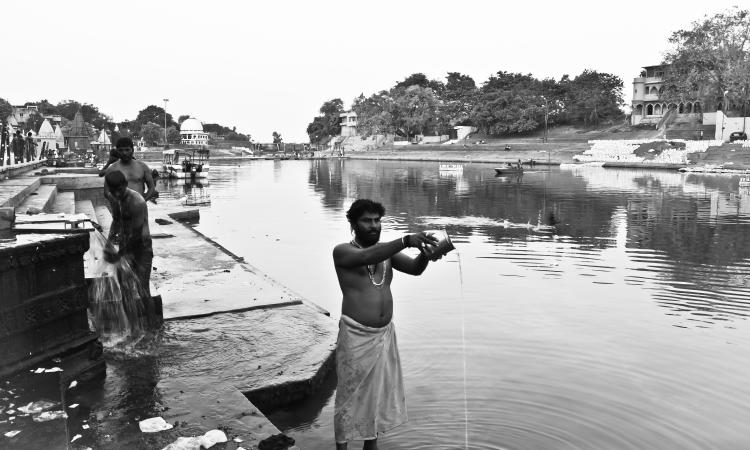
The Kshipra is considered a sacred river in Madhya Pradesh's Malwa region. In the last few decades, this perennial river has also lost its glory like many other rivers in India. The sewage of Ujjain city and the industrial waste around Dewas town find their way into the Kshipra. Its waters which once quenched the city's thirst, aren't even fit for bathing any longer, but this doesn't stop people. After all, it has a religious significance!
Due to excessive economic activities in and around the Kshipra river bed the river flow has been severely affected. Industries, housing colonies and other economic activities have encroached the river bed. Over-exploitation of the river water and untreated waste from Ujjain, Dewas and Indore cities have not only affected the quality of the river water but has aggravated water crises in the region.
See the impact of this pollution through the eyes of residents, many of whom depend on the river for their livelihoods.

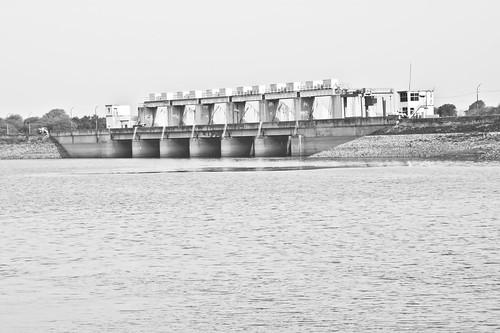
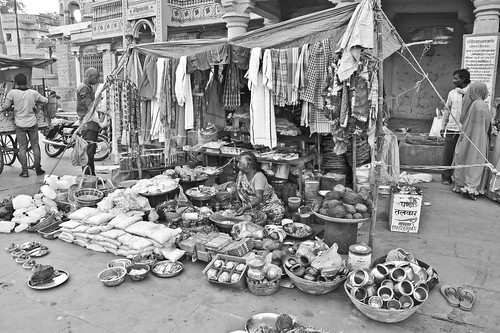

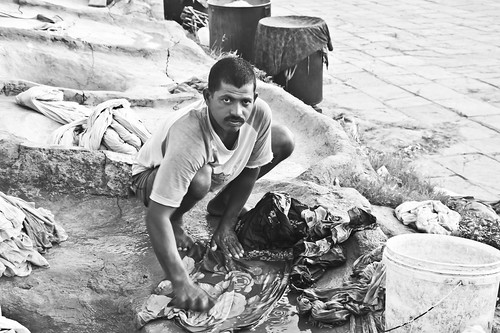
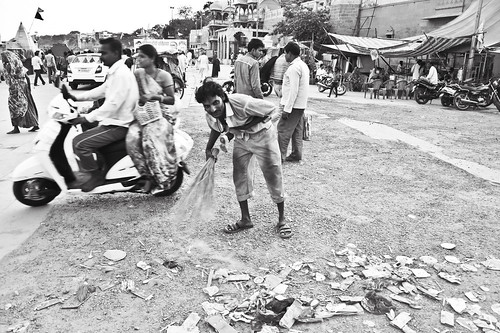
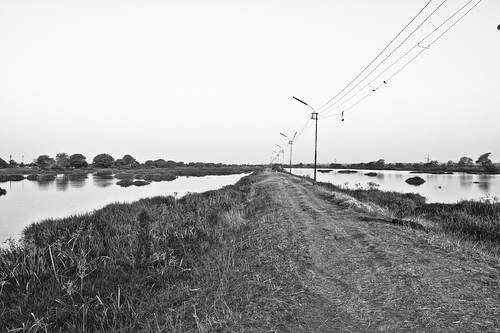
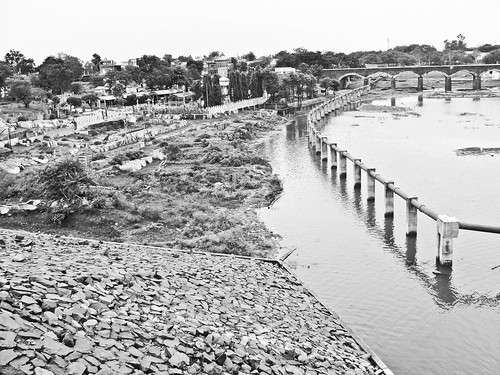
View more photos of the Kshipra: the dying river of Madhya Pradesh.
/articles/slow-death-river